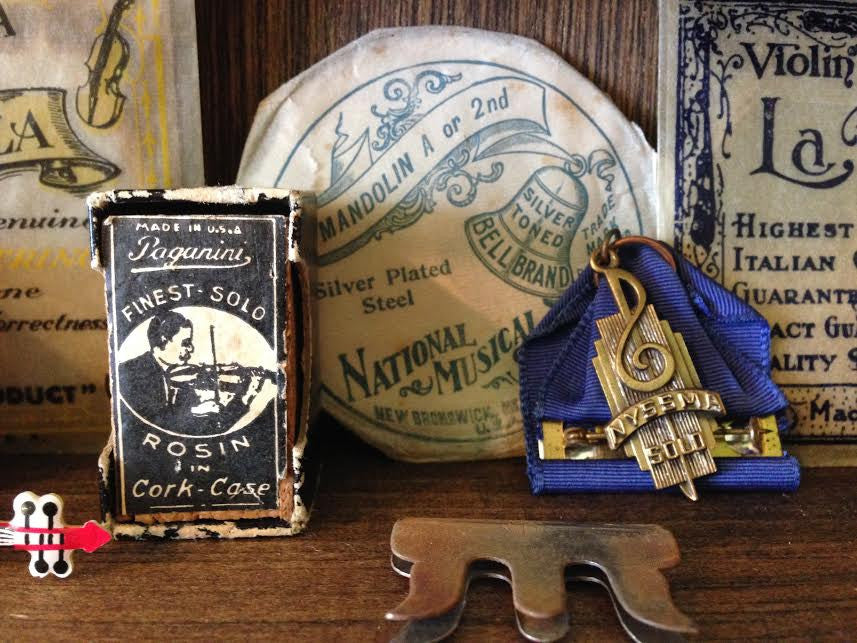
We make a sharp turn, and I’m nearly decapitated by a large, black plastic rental violin case. I recover from shock and begin to examine what hit me. Thus began my musical career.
Throughout my experiences with lessons, various music festivals, competitions, orchestras, chamber groups, and teaching from elementary school through college, from chamber orchestras to Irish jam sessions, I’ve learned a great deal not only about music, but about people.
I attended an intensive, month-long orchestra program early in high school called the New York State Summer School of the Arts (now funded by Kickstarter for a beautiful new documentary). When we were introduced to Maestro Stanger, the artistic director and conductor, I was immediately perplexed, and alarmed, by the intensity of the scene. His opening statement was, “You kids are wonderful. We’ll make beautiful music together.” The program encouraged its students to empathize, to question, and to respect the unique styles of every musician.
Maestro once said, “Music will never abandon you, though you may abandon it.” While we worked on a piece, he told us stories about the composer’s life and described vivid images of what the composer had hoped to communicate. For example, when studying Debussy’s “Nocturnes,” the Fetes (“Party”) movement, we were told to picture little French boys playing with hoops at dinnertime with waiters scurrying around and street performers giving their shows by lamplight. In our minds, we imagined this beautiful, glowing picture in words, inspiring us to convey its energy and color in our interpretation of the piece.
Exposure to this kind of imaginative way of viewing music has stayed with me, and it is more urgent than ever to ensure that children are allowed to develop this part of their minds, whether or not they pursue music in their futures. I will be eternally thankful for having been clobbered by that flying violin case. In a recent Classic FM interview with Scottish and classical violinist, Nicola Benedetti, she said, on music education, “Creativity is not something that stays within the arts. Creativity is about being able to problem solve, it’s being able to face the world in your own individual way; to embrace that and to do it with confidence.”
“If you have greater and more substantive quality creative experiences when you’re younger, you’re far more likely to be able to face the challenges of life in your own way, in a confident way.”
By Amanda Hartman



Leave a comment